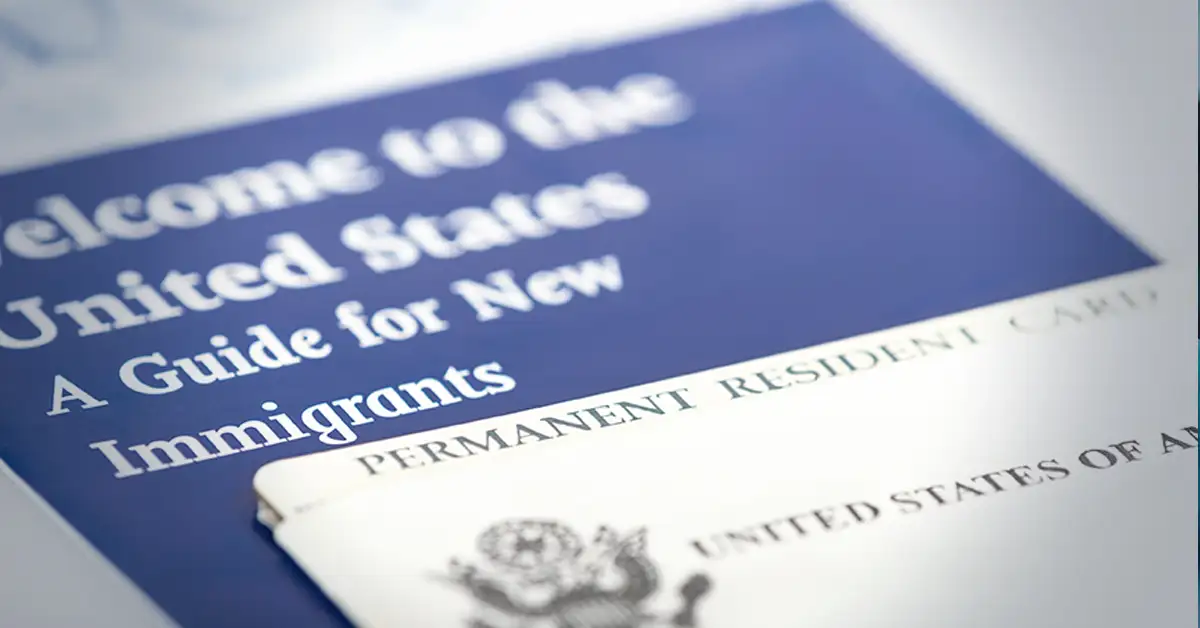Since President Trump has taken office for his second term which began in January 2025, he has hit the ground running, signing executive immigration orders at an incredibly fast pace. He has also revived executive orders from his previous presidency and expanded some practices that are already in play.
Click here for the full and updated list of current executive orders.
Many are watching the announcement of any new developments coming from Washington D.C. The goal of immigration policy adjustments appears to be honoring American voters’ concerns about border security, skyrocketing violent crime and economic instability. In light of that, read below for more information concerning the new immigration orders which specifically address the most pressing immigration issues.
New Executive Immigration Orders
The policies below which the U.S. Government will be implementing are based on some of the new orders signed by President Trump in his first month in office, including:
Birthright Citizenship
Birthright Citizenship is a protection for any baby born in U.S. territory (to parents subject to the jurisdiction thereof) that they will automatically be considered a United States citizen. This is according to the Citizenship Clause of the Fourteenth Amendment to the U.S. Constitution. This means that even children of undocumented immigrants who are in the United States unlawfully can automatically become citizens if they are born here, which may create an easier path for the child’s parents to become citizens as well. On his first day in office, Trump issued an executive order revoking birthright citizenship to children born to undocumented immigrants.
Identifying Drug Cartels and Gangs as Terrorists
In the immigration order titled “Designating Cartels and Other Organizations as Foreign Terrorist Organizations and Specially Designated Global Terrorists,” violent gang members coming from other countries who belong to gangs like MS-13 and Tren de Aragua have now been designated as “foreign terrorist organizations.” This order says that these gangs present an “unusual and extraordinary threat to the national security, foreign policy and economy of the United States” due to drug trafficking and violent criminal activity engaged in by their members. A national emergency was declared to allow the government to use resources to root them out and deport them. The first ICE raids targeted cartel and gang members with public safety as the most pressing concern. Proposed expansion of this immigration order suggests removal of cartel members of foreign origin who are in the United States legally as well by invoking the Alien Enemies Act. The Alien Enemies Act enables a president to deport enemy aliens during wartime.
Cutting Aid to Organizations that Support Undocumented Migrants
This immigration order (part of the “Protecting the American People Against Invasion” executive order) seeks to stop sending hundreds of millions of dollars of federal money to private organizations that offer support services to migrants who cross the border without the proper documentation. This immigration order is consistent with the administration’s goal to try to repair the economy by cutting off the billions of dollars in aid pouring out of the country as well, given the national debt and many Americans’ economic concerns.
Registration of all Immigrants
This mandate is contained within the text of the order entitled “Protecting the American People Against Invasion,” under Section 7, and reiterates the requirement under 8 United States Code Chapter 12, Subchapter II, Part 8 (a statute dating back to 1952) which states that any unregistered immigrant from another country 14 years of age or older must register and have their fingerprints taken. This Section of the executive immigration order also states that individuals in the United States illegally who fail to comply will be subject to criminal prosecution.
Ending of Biden-Era Border Programs
This comes from the executive immigration order entitled “Securing Our Borders” where certain programs were immediately ceased, including an app (CPB One) migrants could use to set appointments with border patrol agents and expedite their crossing into the U.S., as well as terminating the “Processes for Cubans, Haitians, Nicaraguans, and Venezuelans” program, which streamlined processing to get migrants from the listed countries into the U.S. faster and with fewer checks. This executive immigration order reiterates the goal of the Trump administration to be more careful in vetting people coming across the border to filter out terrorists and violent criminals. Biden-era programs that made it easier and faster for migrants to get across the border, regardless of their criminal or health history, clearly conflicted with that.
Renaming the Situation at the Border as an “Invasion”
By calling the massive border crossings an invasion, the Trump administration is taking a stand against the unchecked flow of millions of people coming into the country with no processes in place to ensure that they are not criminals and are not entering “carrying communicable diseases of public health significance.” The immigration order goes on to say that Section 212(a)(2)-(3) of the Immigration and Nationality Act, 8 U.S.C. 1182(a)(2)-(3), dating back to 1952, requires that certain background checks should be made on people entering the U.S.. This is in order to ensure public safety of the American people, which cannot be ensured without some changes. The order is suspending entry at the southern border until a system can be found to manage the flow of entry while complying with existing national security laws. The immigration order says that the 8 million or so migrants who have poured across the border the last four years have also strained the U.S. financially, which has provided for these unlawful migrants at a cost of billions of dollars of taxpayer money spent in medical care and support services. Calling the border situation an invasion also allows for more military presence at the border, which is part of another order listed below.
Clarifying the Military’s Role in Protecting the Territorial Integrity of the United States
This is an immigration order enabling the federal government to deploy troops to enforce the new no southern border crossings policy. It is also intended to stop the flow of the drug trade, human trafficking, and other crimes occurring at the southern border over the last few years due to unchecked migration. In order to effectively patrol the borders against millions of border crossers and criminals who operate there, the existing border patrol agents had to be reinforced with military troops.
Other Changes Affecting Immigration to the U.S.
In addition to the above-mentioned executive immigration orders, other changes are being made to policies which indirectly affect undocumented migrants, such as:
- canceling all federal funds to “sanctuary” cities which interfere with ICE’s removal and deportations of unlawful migrants.
- pursuit of death penalty against undocumented immigrants who commit capital offenses
- pausing acceptance of refugees from certain other countries, and not extending Temporary Protected Status for others
In keeping with his strong “America First” policy, President Trump seems to be stemming the tide of unchecked people (and potential criminals) flowing into this country to put into place safety measures in a time when terrorism, crime, economic issues, and health scares are all very real concerns faced by many American citizens, whether born here or naturalized.
What to Do if You Have More Questions
Immigration laws and regulations change from time to time, and never so much as now. If you have any question or uncertainty about your own status or that of a family member or employee, the best way to protect yourself is to consult with an experienced and knowledgeable immigration attorney. The laws and paperwork surrounding immigration to the U.S. can be complex and confusing. You can find more information about immigration and the different visas available in the articles here.
Or for immediate help with your immigration questions from an immigration attorney, contact the immigration attorneys of Siri & Glimstad. Do not delay! Immigration policies are changing at a rapid pace and it has never been more important to have a knowledgeable and compassionate advocate on your side.





